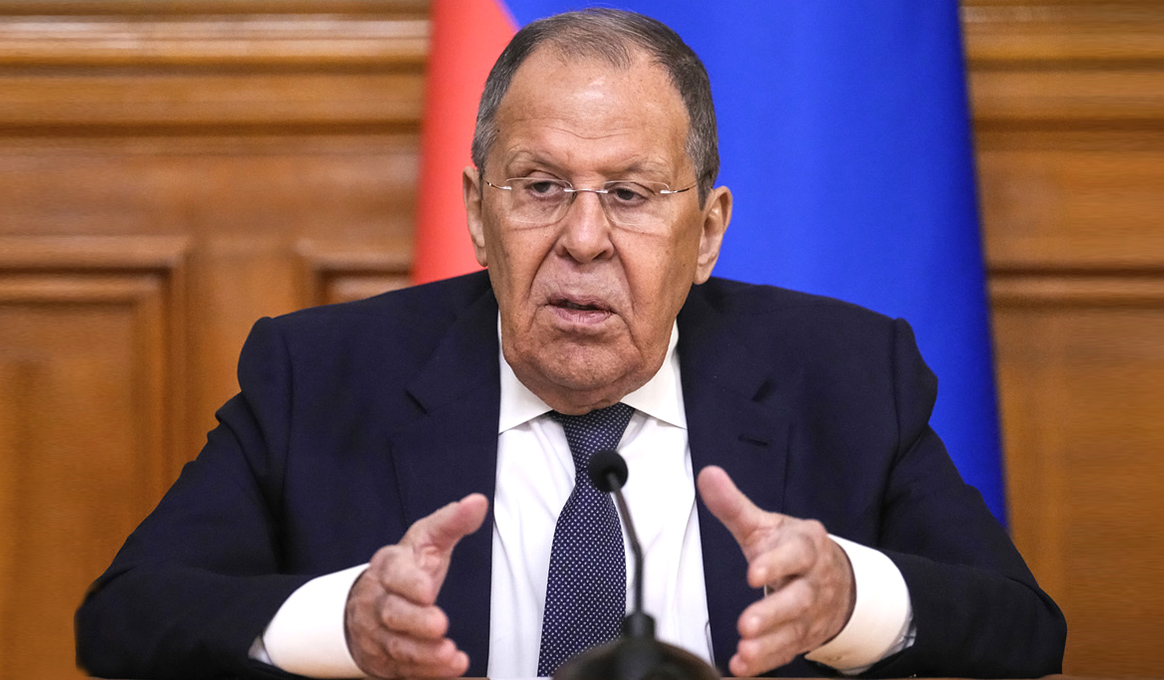Lavrov’s NBC Interview Signals Kremlin’s Rejection of U.S. Peace Efforts – ISW

Russian Foreign Minister Sergey Lavrov used a recent interview with U.S. television network NBC to reiterate the Kremlin’s refusal to engage with American peace initiatives for Ukraine.
The Gaze reports this, referring to the Institute for the Study of War (ISW).
In its latest assessment, ISW noted that Lavrov repeated long-standing Kremlin narratives about the “causes” of the war, namely NATO’s eastward expansion and alleged discrimination against Russian speakers in Ukraine. Analysts said these statements confirm that Moscow’s war aims remain unchanged.
“Lavrov’s continued insistence that any end to the war must address Russia's "root causes," including multiple times following the August 15 Alaska summit, continues to indicate that Russia's war aims have not changed,” the think tank wrote.
Lavrov also attempted to frame Ukrainian President Volodymyr Zelenskyy as an obstacle to peace, aiming to deflect from Moscow’s unwillingness to compromise or participate in negotiations proposed by U.S. President Donald Trump.
He suggested a potential meeting between Zelenskyy and Vladimir Putin would be pointless unless Kyiv first accepted Moscow’s initial conditions – terms ISW described as tantamount to Ukraine’s military, political, and cultural capitulation.
The foreign minister further advanced Kremlin claims questioning the legitimacy of Zelenskyy’s presidency, a tactic ISW says is designed to distort Ukraine’s constitution and undermine its government in the eyes of foreign audiences.
According to ISW, Lavrov’s messaging sought to present Russia’s stance as reasonable while concealing its breaches of the 1994 Budapest Memorandum in both 2014 and 2022. Analysts warned that Moscow appears to be laying the groundwork for a future “security guarantees” framework in which Russia would claim the role of guarantor.
Granting Russia veto power over Western security guarantees, ISW stressed, would weaken Ukraine’s ability to deter further Russian aggression, limit its military modernization, and block deeper defense partnerships with Western allies.
As The Gaze previously reported, Ukraine called on the United States to impose additional sanctions on Russia if Moscow refuses to agree to a summit with President Volodymyr Zelenskyy.